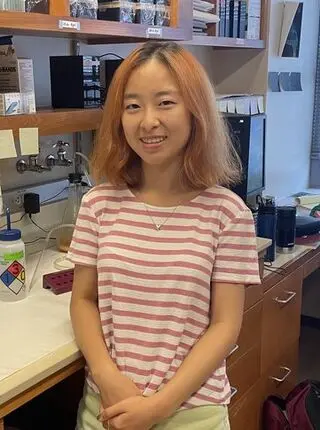Achilles Tendinopathy Research Project 2
Achilles tendinopathy is a very prevalent and costly clinical problem. However, current surgical and drug strategies for tendon repair are limited, and non-surgical strategies to treat disease focus on stimulating tendon repair through physical therapy. Thus, there is an unmet clinical need to improve treatment strategies for tendon injuries. Tendon degeneration alters the chemo-physical environment and changes biophysical inputs to resident cells (called tenocytes). Both normal and aberrant phenotypes in tendon cells are defined by the dynamic spatio-temporal organization of their genome, and so it will be important to understand how 3D genome architecture in tendon cells changes with Achilles tendinopathy and how chemo-mechanical cues regulate transcriptional and chromatin profiles in degenerative cells to develop better therapeutic strategies for tendinopathies. Furthermore, the epigenetic mechanisms responsible for the tendon phenotype change in degenerative environments are underexplored. Epigenetic drugs are available and have been used for therapeutic purposes and likely also constitute a promising avenue for treatment of tendinopathies through manipulation of the epigenetic landscape and 3D chromatin architecture of tendon cells to lock in proper cell phenotype. To address these open questions, the overall goal of Research Project is to test our hypotheses that Achilles tendinopathy alters epigenetic landscape, 3D chromatin architecture, and transcriptional signatures in tenocytes impacting their phenotype, and that these alterations can be manipulated and restored via the combination of biophysical cues and epigenetic modifiers. The proposed work is significant as it will generate new knowledge about how changes in mechanical loading and mechano-signaling across the spectrum of disease impacts genome organization and tendon cell phenotype, and how these changes define disease progression and therapeutic interventions. Our Aims are: Aim 1: Determine how Achilles tendinopathy alters the nanoscale chromatin organization and accessibility landscape of tenocytes, impacting their phenotype. Aim 2: Identify whether biophysical cues and epigenetic modifiers restore ‘healthy’ tenocyte genome organization in ‘degenerative’ tenocytes to improve therapeutic strategies. The proposed research is innovative as we will use cutting-edge genome wide and single cell analyses to study, for the first time, how Achilles tendinopathy regulates nanoscale chromatin states and transcriptional activity, using single-cell based imaging and sequencing technologies. These studies will identify novel epigenetic mechanisms of Achilles tendon pathology and disease onset, new mechanical loading paradigms, and small epigenome-modifying molecules, providing critical and novel information to support new mechano-epigenetic strategies to improve the efficacy of targeted physical therapy protocols.








